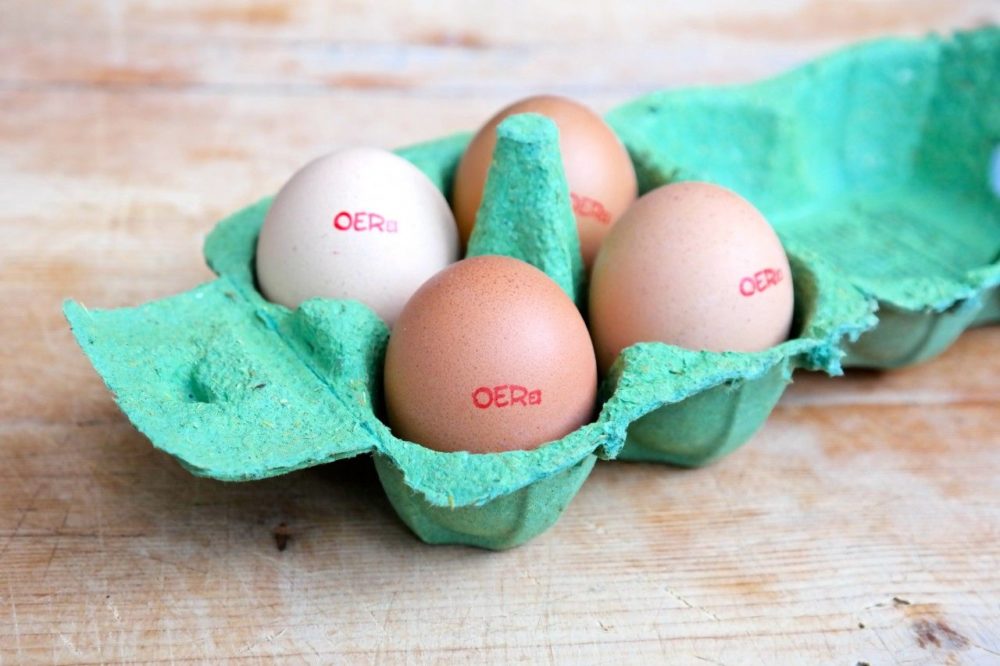Netherlands insect farming startup Protix has raised €15.5 million ($18.6 million) investment round this week led by existing aquaculture-focused investor Aqua-Spark. Rabo Corporate Investments, Brabant Development Company, and Dutch investment agency Invest-NL also participated in the round.
“With this relatively small funding, we are focusing on further investment in product development and preparation for internationalization,” Protix founder and CEO Kees Aarts told AFN. “Right now, we are looking at roughly four or five new projects and we are currently in talks with some big funders who will fund that growth.”
Protix farms black soldier fly predominantly for use in animal and aquaculture feed, with sidelines including frass-based fertilizer. Its products are available in 13 countries, and range from pig and poultry feed to specialty pet foods.
Some of its existing clients include Norwegian aquaculture solutions provider Skretting, which inked a deal with Protix to produce up to 5.5 million servings of salmon using the startup’s insect meal. The startup has created the Friendly Fish brand for fish fed on its insects.
It also produces chicken feed. Protix sells its own brand of eggs, OERei, which are laid by chickens that eat its feed. OERei eggs are available in 750 supermarkets, including top Netherlands chain Albert Heijn.
Although the eggs do not constitute a majority of its sales, they serve an important marketing and outreach function for Protix – showcasing its insect protein as the birds’ primary food source.
“The goal is to show the potential and to excite the consumer. We want to truly bring the narrative of this innovative new source of nutrition that can vastly change health and the supply chain directly to the consumer,” Aarts said.
One of the biggest questions around insect protein is whether a majority of humans will ever be agreeable to scarfing down bugs themselves, rather than second-hand via Oerei eggs and other more ‘traditional’ protein sources.
For Aarts, the answer is a qualified ‘yes.’
While things like crickets on sticks will probably remain a novelty outside of regions where entomophagy is already conventional, advanced applications of insect protein may find their place on more people’s plates.
“A nutritional ingredient coming from a sustainable source [stacks] up to become a very strong argument” in favor of introducing more insect protein into the global diet, Aarts said.
“I expect that insect-based nutritional ingredients will actually start taking a very significant role in the food system through indirect applications like processed ingredients [such as] protein meal.”
Battle of the biggest facility
To fuel its growth and feed the variety of product channels, Protix needs a lot of insects. In 2019, the company opened a $45 million, 14,000-square-meter production facility in Bergen op Zoon that feeds up to 100,000 metric tons of vegetable remnants to black slider fly larvae.
The facility uses a completely controlled environment to rear its bugs, monitored and automated with sensors much like you’d expect to see in indoor vertical farms for leafy greens. It features full automation and a modular design to make it scalable.
“There are a lot of press releases and PowerPoints out there of companies announcing an expansion. But [the Bergen facility] is actually now fully operational at full-scale capacity,” Aarts said.
“This is our basis for rollout internationally. We are very confident we can build even three to four times bigger and bring it to 100% operation.”
A few other insect protein outfits are focusing on ramping up production, including France’s Ÿnsect. It was one of the highest-funded agrifoodtech startups worldwide last year, and is constructing a large-scale facility outside of Paris which it claims will be the largest insect-producing installation in the world.
Other insect startups are taking a decentralized approach, such as Washington-based Beta Hatch. It’s constructing what it claims will be the largest insect protein facility in the US.
The sector is a competitive one, Aarts admitted. But not every startup is operating at the same level. The way he sees it, a company has to go through what he calls “the PowerPoint phase, the pilot phase, and the production phase.”
“I think a lot of companies are still in the PowerPoint phase with big promises. Some of the others are pilots. Most of them are actually less far [along] than they might seem,” he said.




